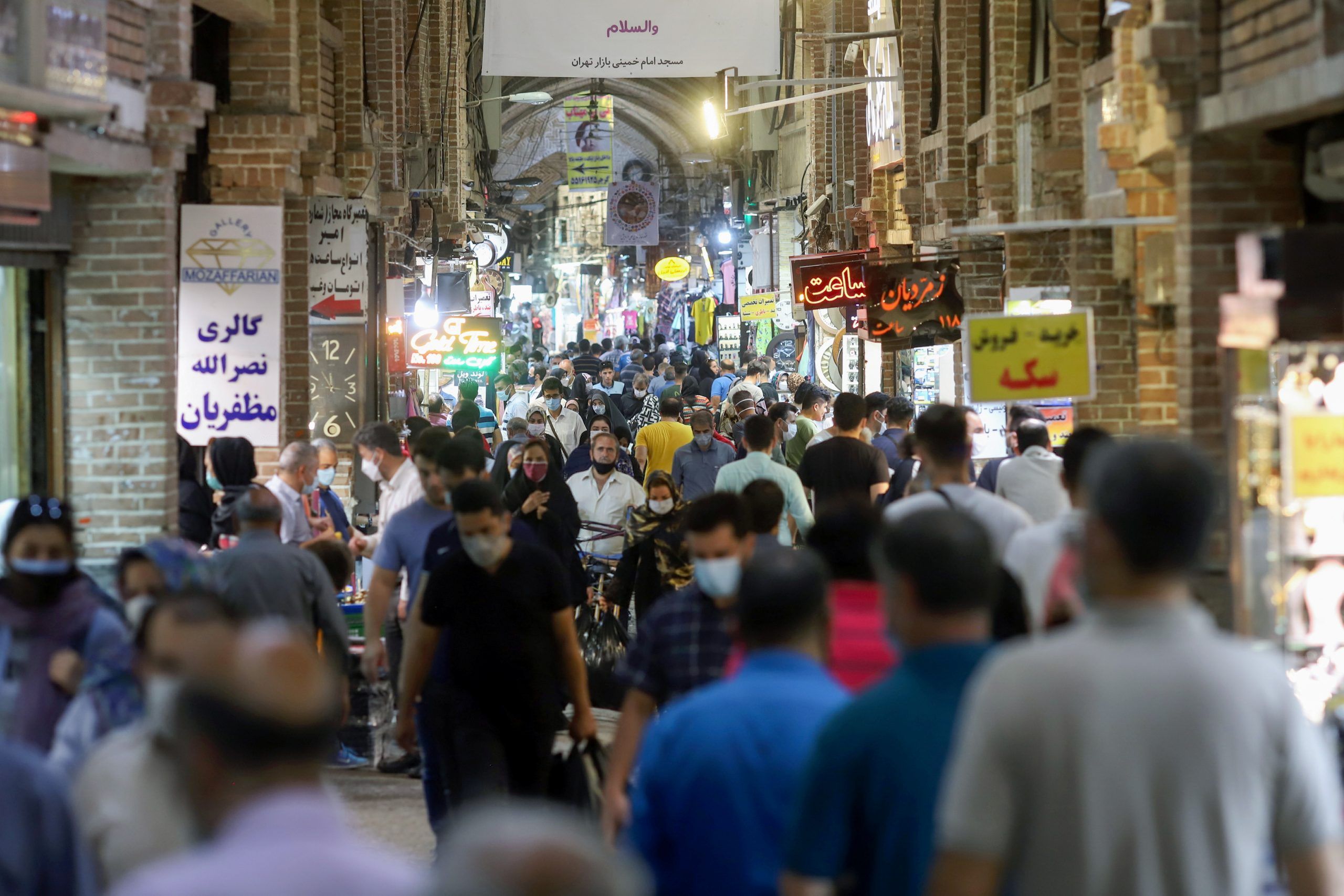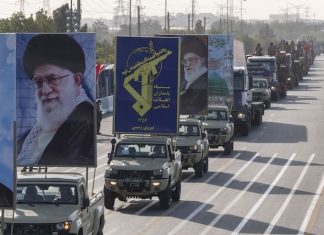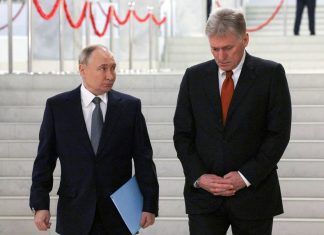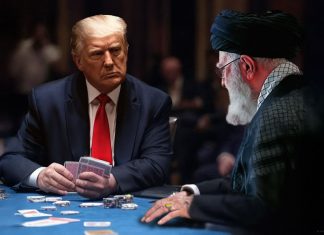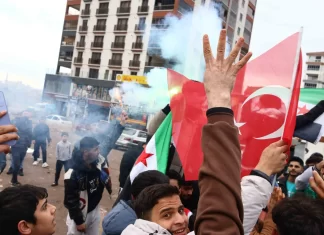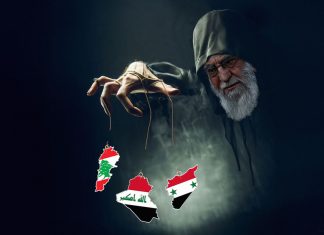By Ahmad Rafat
The Islamic Republic has, once again, urged Iranians to vote in an election, the outcome of which is a foregone conclusion. Most people believe that Ebrahim Raisi, the current head of the Judiciary, will be the Islamic Republic’s 13th president. His election will enable those in power in Iran to tighten their control over the country.
Khamenei Set to Tighten Grip in Iran Vote as Frustrations Grow
The Guardian Council disqualified several candidates who could have posed a serious challenge to Mr. Raisi, including Ali Larijani, the former Majlis (Iranian Parliament) Speaker, who was recently appointed by Iran’s Supreme Leader Ayatollah Ali Khamenei to oversee the controversial 25-year accord with China.
The other six people running in the June 18 elections are token candidates and not serious contenders. A few of them may withdraw from the race at the last minute and throw their support behind Raisi.
Khamenei Calls for High Turnout in Iran Vote; Field Shrinks to Four Candidates
The election, which many Iranians view as a predetermined process, differs in several aspects from the previous ones. The centers of power will tighten their stranglehold over the country. Groups of reformists were sidelined in the past. Many in the pragmatic and conservative camps will be excluded this time around.
Another issue that distinguishes this election from the previous ones is the expected low voter turnout. According to a recent opinion poll by the Iranian Students Polling Agency (ISPA), only 42 percent of eligible voters will go to ballot boxes in June. The data was based on an in-person survey of 5,094 people 18 years and older. No fewer than 60 percent of eligible voters had reportedly gone to the polls in all previous elections.
According to an opinion poll by the GAMAAN institute based in the Netherlands, 75 percent of eligible voters said they would not take part in the June presidential elections, 18 percent said they would, and 6 percent said they were undecided. Some 80,000 people reportedly took part in the opinion poll between May 27 and June 3.
While 71 percent of those who said they would not vote did not believe the elections would be free and fair, 7 percent cited the candidates’ lack of qualification as their reason for not voting, the poll said.
There are many reasons why people do not want to vote in the elections. The Islamic Republic is facing the most severe challenge to its rule in 42 years. The events of the past few years have cast a dark shadow on the regime. These include the December 2017 and November 2019 nationwide protests; the downing of the Ukrainian Flight PS752, killing all 176 people on board; and the executions of Navid Afkari and Ruhollah Zam.
Families of those killed, many union activists, and civil rights campaigners recently signed a statement urging people not to participate in the elections. They believe each vote would support an oppressive regime.
“Boycotting this farcical election will show our national resolve and unity and respect for freedom,” the statement said. “Therefore, we the signatories to the statement, who represent political, ethnic, civil rights advocates, union activists, and media outlets across Iran and around the world, call on all Iranians to join this glorious campaign.”
Under the banners “Vote without voting” and “No to the Islamic Republic,” opposition groups, pro-democracy groups, and human rights campaigners have joined forces to boycott the elections for the first time. Constitutional parties, monarchists, left-wing and right-wing organizations, and ethnic and religious minorities are doing their utmost to urge everyone to boycott the forthcoming elections.

